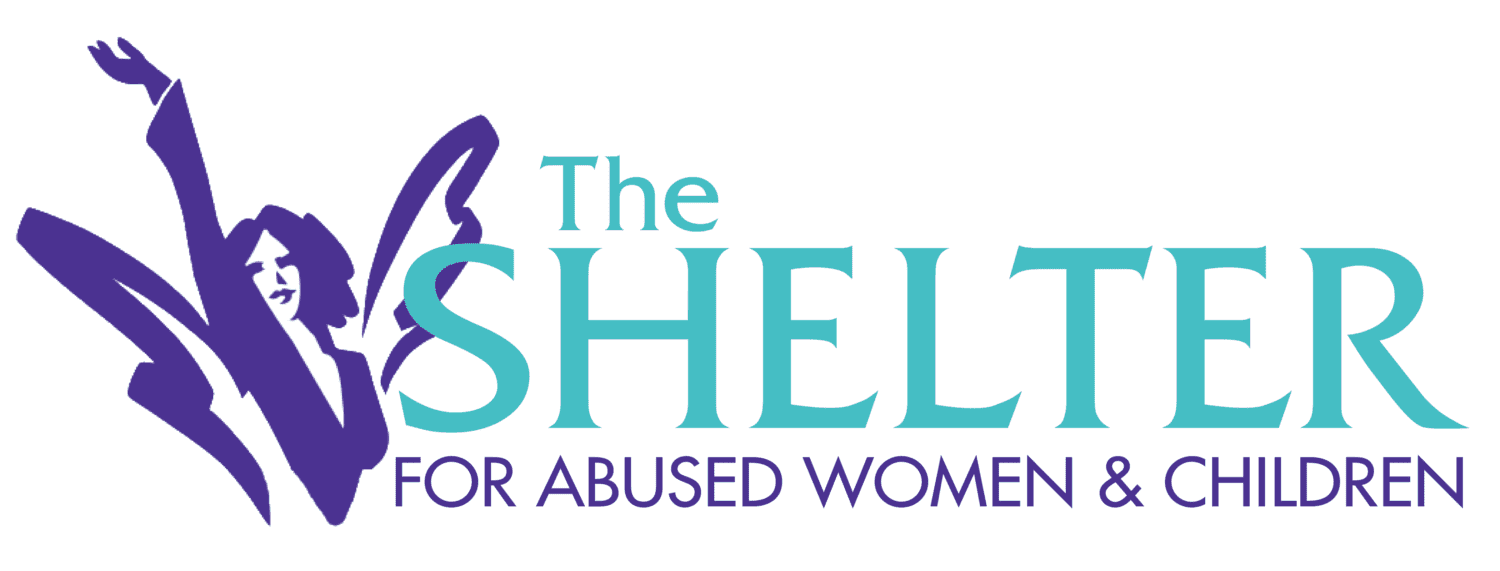What are the signs of domestic violence?
For anonymous, confidential help available 24/7, call The Shelter Crisis Line at 239.775.1101
ARE YOU OR SOMEONE YOU KNOW BEING ABUSED?
Look over the following questions. Think about how you or someone you know are being treated. Remember, when one person scares, hurts, or continually puts down the other person, it is abuse.
Does your partner …
- Embarrass or make fun of you in front of friends or family? Put down your accomplishments or goals?
- Make you feel like you are unable to make decisions? Use intimidation or threats to gain compliance?
- Tell you that you are nothing without them?
- Treat you roughly — grab, push, pinch, shove or hit you? Threaten or abuse your pets?
- Call you several times a night or show up to make sure you are where you said you would be?
- Use drugs or alcohol as an excuse for saying hurtful things or abusing you?
- Blame you for how they feel or act?
- Pressure you sexually for things you aren’t ready for?
- Make you feel like there “is no way out” of the relationship?
- Prevent you from doing things you want, like spending time with your friends or family?
- Try to keep you from leaving after a fight, or leave you somewhere after a fight to “teach you a lesson?”
Do you …
- Sometimes feel scared of how your partner will act?
- Constantly make excuses to other people for your partner’s behavior?
- Believe that you can help your partner change if only you changed something about yourself?
- Try not to do anything that would cause conflict or make your partner angry?
- Feel like no matter what you do, your partner is never happy with you?
- Always do what your partner wants you to do instead of what you want?
- Stay with your partner because you are afraid of what your partner would do if you broke up?
Without help, the abuse will continue.
If any of these situations are happening in your relationship, talk to someone you trust or call The Shelter at 239.775.1101
DO YOU THINK YOUR PARTNER MIGHT BE ABUSIVE?
The following signs often occur before manifestation of full abuse and may serve clues to one person in a relationship becoming abusive of the other. Think about the following questions and apply them to your partner. If you can identify with one or more of the scenarios or answer “yes” to any of the questions below, you may be with an abusive partner.
- Did your partner grow up in a violent family?
- Does your partner tend to use force of violence to “solve” their problems?
- Does your partner have a quick temper? Do they over-react to little problems and frustration? Are they cruel to animals? Do they punch walls or throw things when they are upset?
- Do they abuse alcohol or other drugs?
- Do they have strong traditional ideas about “roles” in relationships? For example, do they think all women should stay at home, take care of their husbands, and follow their wishes and orders?
- Are they jealous of your other relationships — anyone you may know? Do they keep tabs on you? Do they want to know where you are at all times? Do they want you with them all of the time?
- Do they have access to guns, knives or other lethal weapons? Do they talk of using them against people or threaten to use them to get even?
- Do they expect you to follow their orders or advice? Do they become angry if you do not fulfill their wishes or if you cannot anticipate what they want?
- Do they go through extreme highs and lows almost as though they are two different people? Are they extremely kind one time, and extremely cruel another?
- When your partner gets angry, do you fear them? Do you find that not making them angry has become a major part of your life? Do you do what they want you to do, rather than what you want to do?
- Do they treat you roughly? Do they physically force you to do what you do not want to do?
- Do they threaten or abuse your pets?
Threats and physical abuse are prevalent in relationship violence, often occurring in an escalating cycle.
Who is an abuser?
Anyone can be an abuser. They come from all groups, all cultures, all religions, all economic levels, and all backgrounds. They can be your neighbor, your pastor, your friend, your child’s teacher, a relative, a coworker — anyone. It is important to note that the majority of abusers are only violent with their current or past intimate partners. One study found 90% of abusers do not have criminal records and abusers are generally law-abiding outside the home.
There is no one typical, detectable personality of an abuser. However, they do often display common characteristics.
- An abuser often denies the existence or minimizes the seriousness of the violence and its effect on the victim and other family members.
- An abuser objectifies the victim and often sees them as their property or sexual objects.
- An abuser has low self-esteem and feels powerless and ineffective in the world. He or she may appear successful, but internally, they feel inadequate.
- An abuser externalizes the causes of their behavior. They blame their violence on circumstances such as stress, their partner’s behavior, a “bad day,” on alcohol, drugs, or other factors.
- An abuser may be pleasant and charming between periods of violence and is often seen as a “nice person” to others outside the relationship.
Red flags and warning signs of an abuser include but are not limited to:
- Extreme jealousy
- Possessiveness
- Unpredictability
- A bad temper
- Cruelty to animals
- Verbal abuse
- Extremely controlling behavior
- Antiquated beliefs about roles of women and men in relationships
- Forced sex or disregard of their partner’s unwillingness to have sex
- Sabotage of birth control methods or refusal to honor agreed upon methods
- Blaming the victim for anything bad that happens
- Sabotage or obstruction of the victim’s ability to work or attend school
- Controls all the finances
- Abuse of other family members, children or pets
- Accusations of the victim flirting with others or having an affair
- Control of what the victim wears and how they act
- Demeaning the victim either privately or publicly
- Embarrassment or humiliation of the victim in front of others
- Harassment of the victim at work



